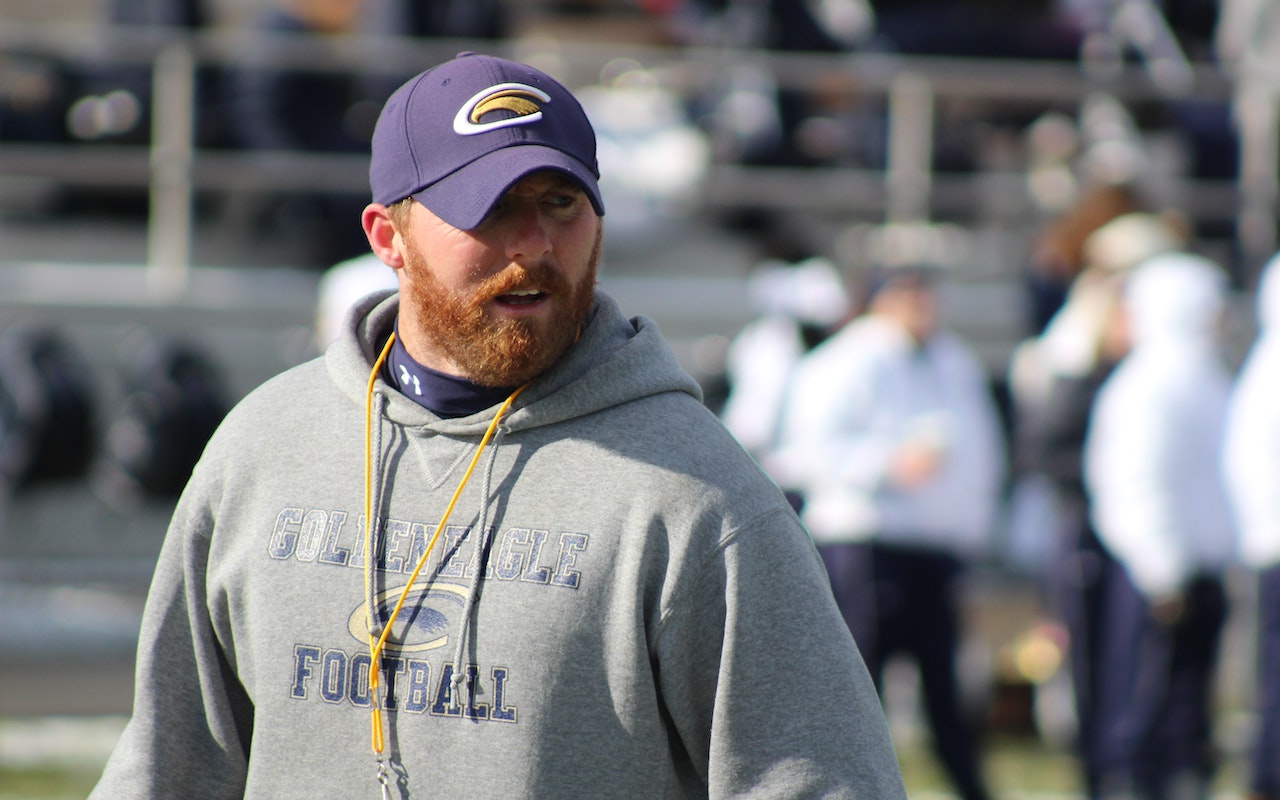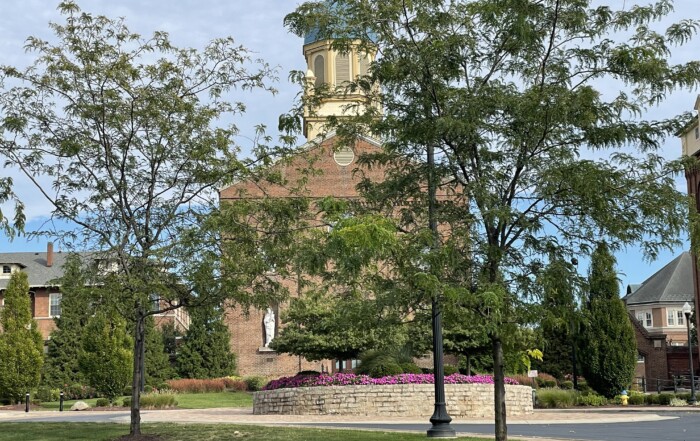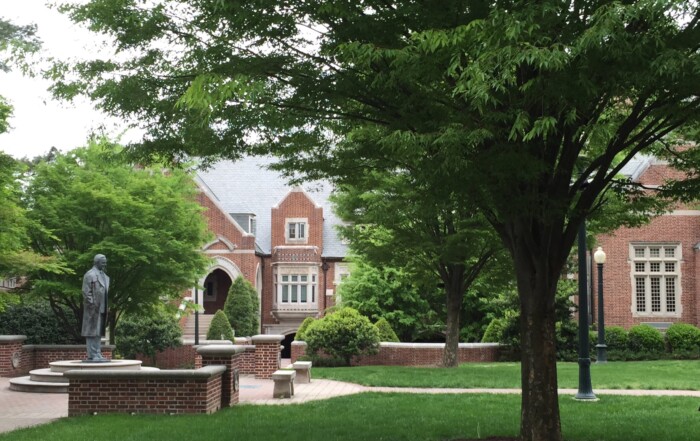College Admissions Tips and Guidance
Student Athletes and The College Admissions Process

Explore Our Articles
Recent Posts
Popular Categories
Get In Touch
On Social
By Phone or Text
(617) 734-3700
By Mail or Email
1678 Beacon Street
Brookline, MA 02445
By Form
Educational Advocates
Our objective is to guide the family in finding options where the student will not only get admitted, but thrive and find success once on campus.
Student Athletes and The College Admissions Process
In an earlier post, we reviewed how and when prospective student-athletes should approach college coaches. We continue here by discussing what occurs once coaches begin to express serious interest in student-athletes and examining how this impacts their chances within the college application process for athletes.

Having the coach get admission “read” of your transcript and test scores is an essential part of the recruitment process.
After months of keeping in contact with coaches, and then making official visits, student-athletes begin to narrow down their colleges of interest based on how much they like the college overall and their assessment of how interested the coach is in them. If by the fall of senior year, students have a college that is a clear favorite they should inform the coach that they will attend if accepted.
Coaches are often able to bring to the admissions office a very short list of prospective athletes in which they are seriously interested. However, the chances of being added to this shortlist are slim to none if the coach does not have a verbal commitment from the athletes that they will accept the offer of admission if it is forthcoming. This is one reason why the coach will typically ask students to demonstrate their commitment by applying under a binding early decision program if that option is available.
Students must protect themselves during this process by asking specific questions of the coach and insisting (politely) on answers. For instance, when students are on the borderline academically for admission to the college, they should ask the coach, “Have you presented my academic credentials to the admissions office, and did they provide feedback that I would be admissible?” Sometimes a coach that really wants an athlete will try to convince the admissions office that the student is the right match for the school. However, if the admissions office cannot support the student’s application then the student should move on before he squanders his chances at another college that might be a better athletic and academic fit. Remember, an offer of admission cannot come from a coach; it can only come from the admissions office.
If the coach tells the student that admissions approved their academic credentials the student can ask their school counselor to contact the college admissions office to verify the coach’s assessment. This conversation might go something like this:
“My student, Jane Smith, has been talking with Coach Carter about joining the women’s soccer team. Coach Carter told Jane yesterday that admissions reviewed her transcript and scores and indicated that she would be admissible. Jane is very excited about this opportunity. I am just calling to confirm that Jane understood Coach Carter correctly.”
This step can go a long way toward heading off any misunderstanding and miscommunication before a student gives up her chances with other coaches and commits to a college that is not ready to commit to her in return. Before committing to a coach, Samantha Neumann, a former Emory University swimmer, advises doing a thorough evaluation to find the right balance of academics and athletics. “Make sure the school fits both academically and athletically because when you get to college the demands of each are much more strenuous than in high school,” says Samantha. “If one fits but the other really doesn’t, it will become too stressful to manage right from the start and just won’t work.”
The Ivy League

Division I and II athletes must register with the NCAA Eligibility Center to approve courses and eligibility.
As at most colleges, athletes recruited by the Ivy League have an advantage in the admissions process over their non-athletic peers. However, there are myths about this issue. One is that you do not have to be a strong student to be an Ivy League athlete. While it is true that some athletes in the Ivy League have lower standardized test scores and grades, on average, compared to their non-athletic peers, no admissions officer will admit a student who will not be able to keep up with the college’s academic demands. The Ivy League uses an Academic Index, a computed score that factors in standardized test scores and grades. While the college may be test-optional, some coaches may still want to see test scores. The admissions office then examines the resulting score to see where a student-athlete falls against the overall applicant pool. There are minimum index scores under which a student cannot be admitted without special permission, and collectively the recruited class for a given team cannot fall below a certain index score.
The Ivy League school offers a limited number of recruited student-athletes a “likely” letter after October 1 of senior year. This is a letter from admissions that can be considered a formal letter of admission, assuming students maintain their grades. The advantage of a likely letter, much like a letter of intent, is that students know their admission and financial aid status early in the process. While coaches may ask students for a commitment, they cannot require that students withdraw other applications or refrain from visiting other colleges as a condition for receiving the likely letter. Likely letters are sometimes given to non-athletes for academic merit at a few Ivy League schools.
Division III
Division III athletes do not need to register with the NCAA Eligibility Center the way that prospective Division I and II athletes do, nor are they eligible for athletic scholarships. However, as with other athletes, they do sometimes have an advantage in admission if the coach believes they can add value to the team. Not all Division III coaches have an influence on admissions decisions as it varies by college and even by sport.
The New England Small College Athletic Conference (NESCAC) encompasses the most selective liberal arts colleges in New England and uses a band system similar to the Ivy League academic index. Students are categorized as A band (the highest based on grades/scores) or B band or C band. A student could be a B band at a very selective college in the group but an A band at a somewhat less selective NESCAC school. There are limits to how many students will be admitted under the band system and if there are many A band applicants, then no B or C Band students may even be admitted students. So, understand where you fall academically before getting your heart set on one of these colleges. Being good at your sport is not enough at many colleges, so keep your grades up and challenge yourself appropriately.
There are many complexities to the athletic recruitment process. Students should be honest and clear in their communication and expect the same from college coaches. An informed student-athlete will find the process more manageable and ultimately rewarding.
Learn More
Regarding test-optional: The NCAA has waived standardized tests for Division I and II athletes permanently, but Division III gets to set its own standards so tests may still be required. Keep in mind, however, that at selective colleges, including D. III, the strongest students will submit scores, and this will work in their favor. If your scores are not strong, you should still reach out to coaches especially if you have athletic talent and strong grades.
Educational Advocates is here to help you with your journey as a prospective college athlete. Let us know how we can help you like we have helped many other students achieve their college goals.








